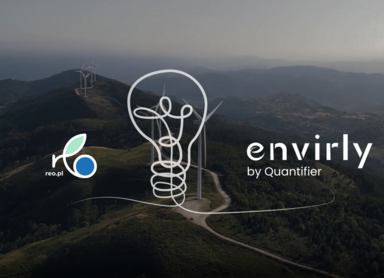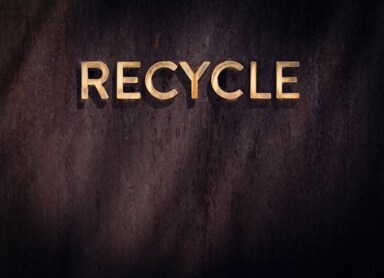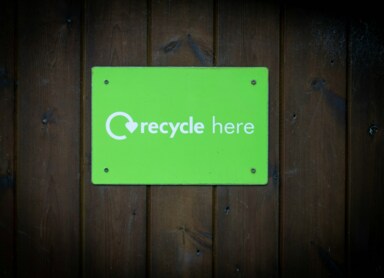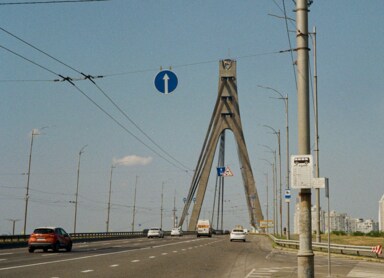How to keep waste records? Practical tips and obligations
Since 2018, the Ministry of Climate – previously the Ministry of Environment – has maintained an electronic BDO register, a database on products, packaging, and waste management. If your company is involved in the production, use, or disposal of waste in any way, you are likely required to register in the BDO. What should you know about this register?
Waste Records – What Are They and Why Are They Important?
The BDO register operates under the Waste Management Act. Its launch was just the first step in creating a system that enables state and local authorities to support environmental inspection activities. Through access to the BDO, authorities can determine which entities are registered and verify whether they manage waste as declared. Inspecting bodies also gain insight into how much and what types of waste are generated by a particular company.
By digitizing registration, record-keeping, and reporting obligations, all key information is now accessible within a single platform. This approach aims to combat environmental violations, such as illegal waste transfers or improper disposal.
It’s worth noting that before the electronic register was introduced, companies were required to record waste transactions on paper. In practice, this decentralized solution left room for regulatory violations and made inspections more difficult.
Who Must Keep Waste Records – Full List of Obligations
The obligation to keep waste records applies to companies operating in specific market sectors. These include:
- Oils, lubricants, and pneumatic oils;
- Vehicles (excluding historic vehicles);
- Electrical or electronic equipment;
- Batteries or accumulators;
- Packaging, packaging waste, or products in packaging;
- Waste transport;
- Maintaining cleanliness in municipalities;
- Waste generation without a permit or with an integrated permit;
- Trade and gastronomy sectors, if they introduce single-use plastic products to the market;
- Waste other than those exempted by implementing regulations.
It’s important to note that the scale of your business does not affect the registration requirement. If you operate in one of the above areas, you must comply regardless of whether you’re a sole proprietor (JDG) or a large joint-stock company. After receiving a BDO number, you must include it on all your company documents. When starting a business, familiarize yourself with the regulation outlining exemptions from BDO registration, which lists dozens of entities exempt from the statutory obligation.
Full Waste Records – What Do They Include and Who Must Keep Them?
The regulations outline two types of waste records: full and simplified. Full records are the default requirement, applicable to all entities not eligible for simplified records. The formal process for full records involves two steps:
- Generating a Waste Transfer Card: The business must complete this card with details such as waste mass, code, and the receiving company’s data. Subsequent steps are handled by the waste recipient (sometimes, the business generates a confirmation of the waste transfer card).
- Creating an Electronic Waste Record Card: This document logs waste generated and subsequently transferred for management by a recipient.
The electronic system is designed to be user-friendly; entering accurate data automatically transfers information from one card to another. This eliminates the need for manual entries, which could be labor-intensive, especially for large processing companies. Note that the BDO is also relevant for companies engaged in circular economy practices unless the company manages its waste entirely on its own.
Simplified Waste Records – Who Can Use Them?
Simplified records reduce documentation to the creation of a Waste Transfer Card, without the need for generating a Waste Record Card. This option is available only to specific groups of businesses that:
- Generate up to 100 kg of hazardous waste annually or up to 5 tons of non-hazardous, non-municipal waste annually;
- Provide waste transport services only;
- Own land where municipal sewage sludge is applied for:
- Agriculture,
- Compost crop cultivation,
- Non-food crop cultivation.
In practice, simplified records are primarily available to smaller companies. Additionally, some businesses are exempt from the BDO registration requirement altogether. This applies, for instance, to entrepreneurs who transport their own waste or companies covered by municipal waste collection systems.
BDO Waste Records – How to Register and Keep Records?
Currently, BDO registration can only be completed online. The process is relatively straightforward and involves several steps:
- Visit the BDO website: https://bdo.mos.gov.pl/.
- Select the “Enter the BDO System” option and log in using a trusted profile.
- In the “Applications” panel, submit a new application or update previously provided information. Fill out company details, complete tables on the type of waste generated, and attach proof of the registration fee payment (or a power of attorney fee, if applicable).
- Submit the application, which will automatically be directed to the appropriate provincial office.
All records are generated and stored directly in the online system, accessible anytime.
Registration in the BDO requires an annual fee: PLN 100 for micro-enterprises and PLN 300 for other businesses. Any changes to the data must be reported within 30 days of their occurrence.
What Penalties Apply for Neglecting BDO Obligations?
BDO registration must be completed before commencing business activities. This is critical, as failing to comply can result in severe financial penalties. Courts can impose fines exceeding PLN 1 million or, in some cases, a custodial sentence. Administrative fines of up to PLN 1 million may also be issued by the Provincial Inspector of Environmental Protection.
Penalties apply not only for failing to register but also for not including the BDO number on documents, violating record-keeping obligations, or submitting incorrect information.
BDO record-keeping is an essential component of environmental responsibility and can be seen as part of environmental management in business. If you want to ensure you are complying properly, contact us. We will determine whether you are required to register and assist you in navigating the formalities.






![Mój Prąd 6.0 program - rules and all additional information [2025 UPDATE]](/storage/13_manny-becerra-vgf9kogcu1u-unsplash_cb32b2e7.jpg)
